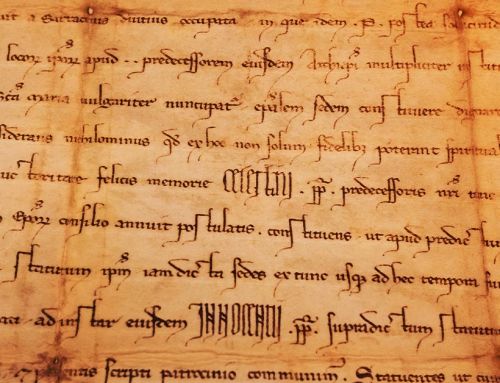Applications are due February 14, 2019, and decisions will be announced shortly after March 17.
About the Grant
The $5,000 grant supports research expenses directly related to use of original manuscripts, for example travel to manuscript repositories, photocopies, and user fees. Applicants must be graduate students—doctoral candidates are given preference—at an institution that belongs to the Manuscript Society. An institution qualifies as a member if its library subscribes to Manuscripts, the society’s quarterly journal.
The society issues the nonrenewable grant to the sponsoring institution, which disburses it to the recipient. Upon completing the research, the recipient is required to submit a detailed report to the society’s scholarship committee and recognize recognize the society’s support in any publication resulting from the research.
How to Apply
Interested students should submit a letter of application, résumé, and an anticipated budget along with a proposal of no more than three double-spaced pages demonstrating that their research involves considerable work with original manuscripts. In addition, applicants should have two or three letters of recommendation sent to the scholarship committee, including one from the thesis or dissertation advisor. Each file name should start with the applicant’s surname, for example SmithProposal, SmithBudget, SmithSupportLetter, etc. All applicants will be notified of the scholarship committee’s decision soon after March 17, 2019.
Send inquiries to Dr. Ellen Howell Myers at myers@manuscript.org. Send applications and supporting letters to ManuscriptSocietyGrant@manuscript.org.
Criteria for Evaluating Maass Grant Applications
The Scholarship Committee will use the following criteria to evaluate Maass Grant applications.
- Does the scholar define clear objectives for the proposed activities to be funded?
- Does the scholar describe the manuscripts or manuscript types she or he will find and how they will support the research project?
- Does the scholar present a clearly detailed and realistic budget to explain how she or he will use the money?
- Does the scholar write in clearly organized format?
- Do the letters of reference indicate confidence in the student’s abilities and the significance of the academic project?




Leave A Comment